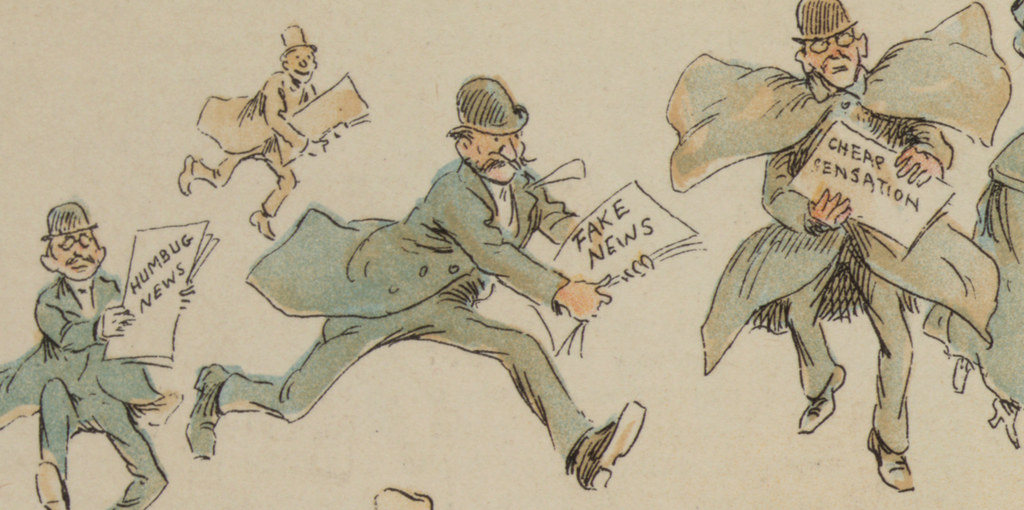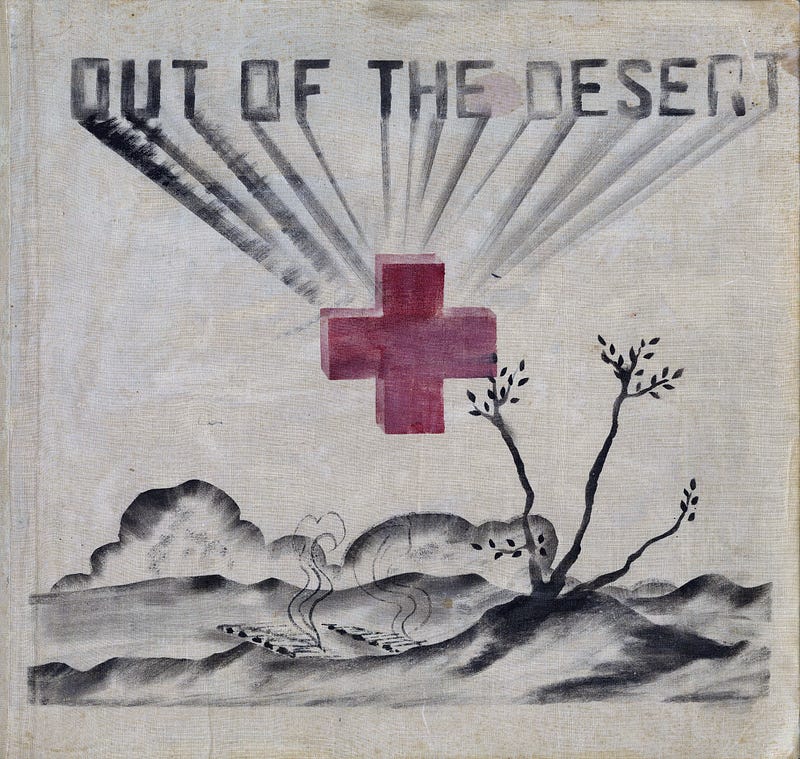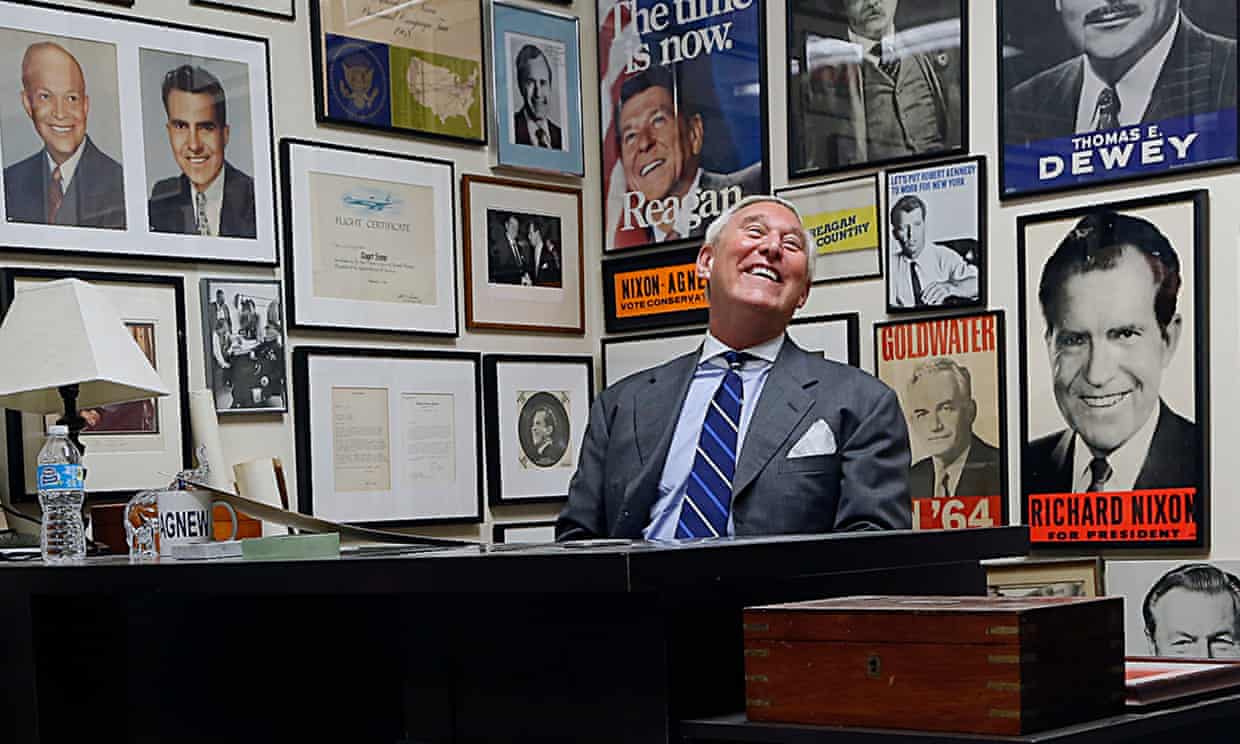Library outreach | Mobile libraries | Library services
by Kayla Del Biondo
In the Library and Information Science program here at SU, we spend a lot of time discussing the importance of outreach. We brainstorm strategies we can employ to attract patrons to the library, and we ask ourselves questions like, how can a librarian organize and market innovative programs, services, and collections that are bound to draw in community members?
Excitingly, here in Syracuse, the conversation around outreach at public libraries seems to be switching gears … literally. For this month’s Library Friday, I visited the Northern Onondaga Public Library (NOPL) at Brewerton to learn about their “Pop-Up Library” on wheels, and their mission to take outreach outside the library. I had the pleasure of interviewing branch manager, Nancy Boisseau, as well as outreach librarian (and recent iSchool alum), Jennifer Tolley, to learn more about this project, from inception to completion.

















